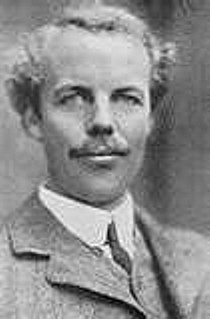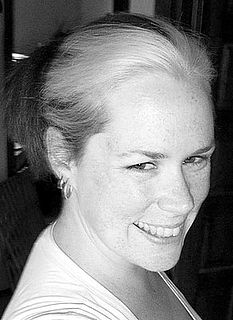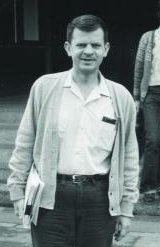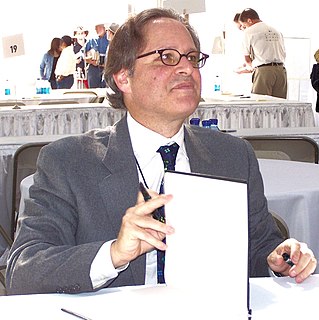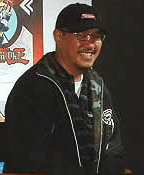A Quote by Robert Anton Wilson
The variables vary too much and the constants aren't as constant as they seem.
Related Quotes
Even if the constants which economists wish to determine were less numerous, and the method of experiment more accessible, we should still be faced with the fact that the constants themselves are different at different times. The gravitation constant is the same always. But the economic constants-these elasticities of demand and supply-depending, as they do, upon human consciousness, are liable to vary. The constitution of the atom, as it were, and not merely its position, changes under the influence of environment.
There are 15 constants- the gravitational constant, various constants about the strong and weak nuclear force, etc.- that have precise values. If any one of those constants was off by even one part in a million, or in some cases, by one part in a million million, the universe could not have actually come to the point where we see it. Matter would not have been able to coalesce, there would have been no galaxy, stars, planets or people
When I was in graduate school in Princeton, I was told to take three courses. One of them to work on really hard, another to work on moderately hard, and the third one just to absorb. In my case, I never showed up to the latter class, taught by Robert Gunning, on Several Complex Variables. Several Complex Variables (Cn) was starting to get vary fashionable then, but I decided to specialize in n=1/2.
One of the most consistent findings about low performing schools and students is that "home variables" (parental income and education, etc.) are more predictive than "school variables." But, having said that, we as a society can have much more effect on the school variables than on the home variables, so it's important and valuable to focus on the question of which interventions in schools are most effective and which are least effective.
I guess law was always interesting to me because you deal with constants. I like to deal with constants, abstracts, constants and reason and ration, rational approaches to things. I don't know, I never really thought why I wanted to study law. But if you ask me whether I would do it again, absolutely.
Physicists have come up with other explanations. One is to say that these six constants are not free to vary. Some unified theory will eventually show that they are as locked in as the circumference and the diameter of a circle. That reduces the odds of them all independently just happening to fit the bill.

